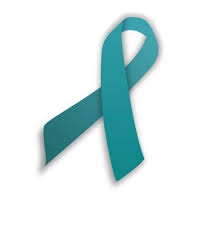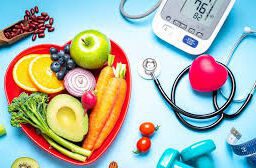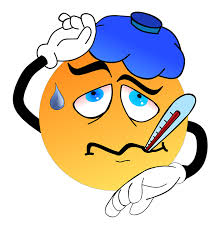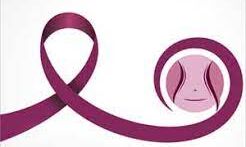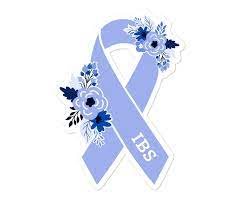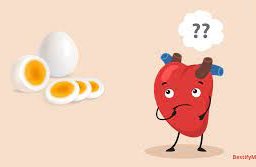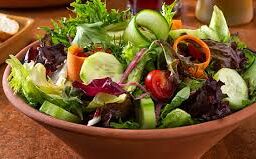
Eating at Night: The Effects on Your Body and Health
Weight gain myths surrounding eating at night often lead to confusion. Understanding the truth behind these beliefs is crucial for making informed dietary choices. Let’s explore the facts and debunk the misconceptions surrounding nighttime eating and its impact on weight.

Overview of weight gain
Weight gain refers to an increase in body weight, typically resulting from an imbalance between calorie intake and expenditure. While it can be influenced by various factors such as genetics, metabolism, and lifestyle choices, the fundamental principle remains: consuming more calories than the body burns leads to weight gain. This excess energy is stored as fat, resulting in an increase in body mass over time. Understanding the causes and consequences of weight gain is essential for managing overall health and well-being.
There are many myths surrounding eating at night, including:
- Eating at night will cause you to gain weight: The truth is that weight gain is determined by your overall caloric intake and expenditure, not the time of day that you eat. Eating at night won’t inherently make you gain weight, but if you consume more calories than you burn throughout the day, you will gain weight.
- Eating at night will disrupt your sleep: Eating a large, heavy meal close to bedtime can make it difficult to fall asleep and lead to indigestion or acid reflux. However, a light snack that is low in fat and high in carbohydrates, such as a piece of fruit or a small serving of whole-grain cereal with milk, can actually promote sleep by providing the body with tryptophan, an amino acid that is converted into serotonin and melatonin, two neurotransmitters that help regulate sleep.
- Your metabolism slows down at night, so you shouldn’t eat: While it is true that your metabolism does slow down when you sleep, your body still needs energy to maintain its basic functions, such as breathing and circulating blood. Eating a light snack before bed can actually help maintain your metabolism and prevent your body from going into starvation mode.
- Eating at night will cause heartburn: Eating a large, heavy meal close to bedtime can lead to heartburn, but a small, light snack should not cause any issues. In fact, some people find that eating a small snack before bed can help alleviate nighttime heartburn by preventing stomach acid from flowing back up into the esophagus.
In general, it’s important to listen to your body and eat when you’re hungry, regardless of the time of day. If you’re concerned about eating at night, try to stick to small, light snacks that are low in fat and high in carbohydrates.
Disclaimer: The information provided in this content is for general informational purposes only. It is not intended as medical or healthcare advice, diagnosis, or treatment. Always seek the advice of a qualified healthcare professional with any questions you may have regarding a medical condition or healthcare decisions.




